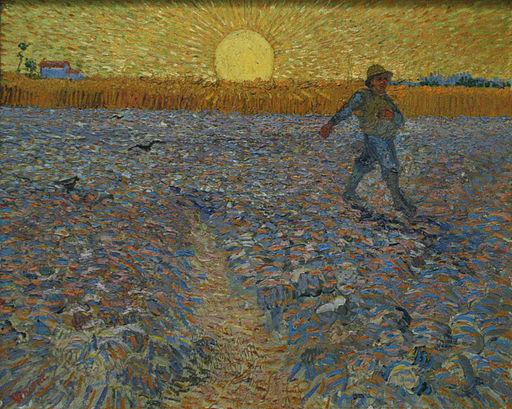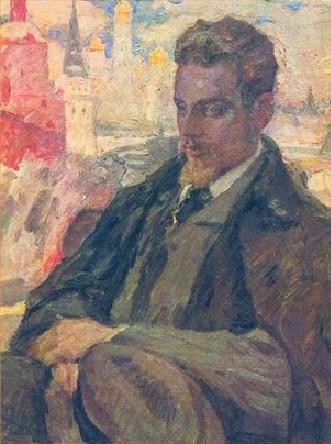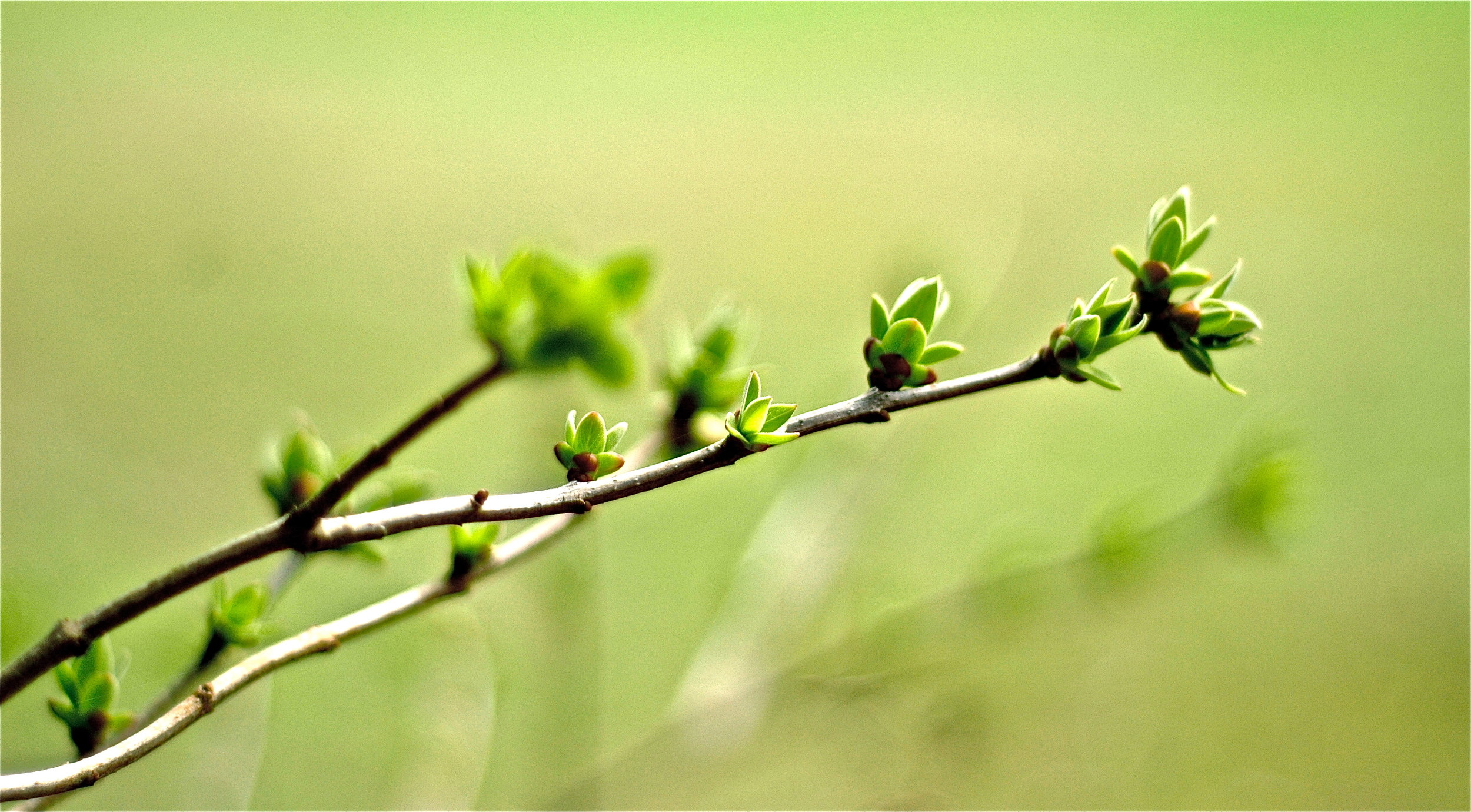You Learned What You Were Ready To Learn
Christina Lee
 Of all the pranks I’ve ever pulled, my favorite remains convincing every guy in my music theory class to dress up like our professor.
Of all the pranks I’ve ever pulled, my favorite remains convincing every guy in my music theory class to dress up like our professor.
We loved Dr. Clemmons. He was kind, funny, patient and generally excellent. He was also sartorially predictable.
Stonewash tapered jeans, sneakers, white tucked-in button-down, red tie, brown belt, wire-rim glasses. This was his daily uniform. And the night before the final, I called every guy I knew on campus to rustle up 15 identical outfits. The next morning, the guys paraded in one by one.
Surrounded by his clones, Dr. Clemmons laughed, high-fived, and took time to pose for plenty of pictures before he settled us down and passed out our final exam.
I was so proud of myself. It didn’t really occur to me that he might have preferred I spend finals eve studying for his test. I don’t remember my exact grade in the class, but it’s safe to say it was less impressive than my costuming skills.
Years later, we ended up attending the same church, and I worked up the courage to ask him, “How did you put up with all of us? I wish I could go back and take your class now. I’d be such a good student!”
My former professor laughed and said, "Well, you learned as much as you were ready to learn.”
This spring, I’m teaching poetry, and I think about those words most every day. Seventh grade brains are all over the map, developmentally. While one girl is crafting an iambic treatise on good and evil, the chick beside her is writing a rambling declaration of war against the girl who stole her boyfriend, and the boy behind them is writing a very descriptive piece re: failing to hold in a fart.
And I swear to you, these students are all doing their best.
I can get disheartened, bringing my students everything I know about poetry in the best way I know how, and getting back poems about farts and hot dogs.
Henri Nouwen said that when serving others, he was always fighting “fear of rejection, hunger for affirmation, and a never-decreasing search for affection.” And I notice this neediness in myself sometimes.
I can still remember one student from last year (we’ll call him Jake) standing before the class, intoning his poem about chips in a mortified monotone, “So crunchy /so crisp / the salty surface / I lick.” As he spoke, his eyes blazed with the injustice of my assignment.
This year, we held a school-wide poetry slam, and I got to see many former students perform. This slam was voluntary; so imagine my surprise when chip-boy bounded up to the podium. As he introduced himself, I steeled myself for a rough few minutes.
But his poem was incredible. It was clear and vivid and powerful, and he spoke with pride and confidence. As he strode off stage, I hooted and hollered with the crowd, but I felt a little twinge behind my smile. What had I done wrong last year? How had his current teacher helped him unleash this masterpiece? Why had I ended up with a listless ode to Hot Cheetos?
Breakthrough moments like this are a teacher’s version of a bonus check, so it makes sense that sometimes we’d be a little greedy for them. But these moments belong to our students, not to us.
Don’t get me wrong: a good teacher never stops asking a student for his best. She gives feedback and sets high expectations. But she also knows how to release control, to trust her students, and to allow them to develop at their own pace.
When we release our students from our own “hunger for affirmation,” ironically, that’s when we teach best.
Rilke says, “In spite of all the farmer’s work and worry, he can’t reach down to where the seed is slowly transmuted into summer. The earth bestows.”
As I prepare to say goodbye to this year’s group, I hope I have taught them well. I hope I’ve helped them understand a little more about writing, literature and poetry. Yes, I even hope they did well on their state testing.
But I also hope I’ve helped them feel permission to be themselves, and gracefully accepted the gifts they have brought me, even if they weren’t the ones I asked for. I hope that I’ve let them to learn as much as they were ready to learn.
 Naomi Shihab Nye describes poetry as “a conversation with the world, a conversation with those words on the page allowing them to speak back to you—a conversation with yourself.”
Naomi Shihab Nye describes poetry as “a conversation with the world, a conversation with those words on the page allowing them to speak back to you—a conversation with yourself.” Sometimes, when I’m burnt out, I look to Rilke. Not his
Sometimes, when I’m burnt out, I look to Rilke. Not his 